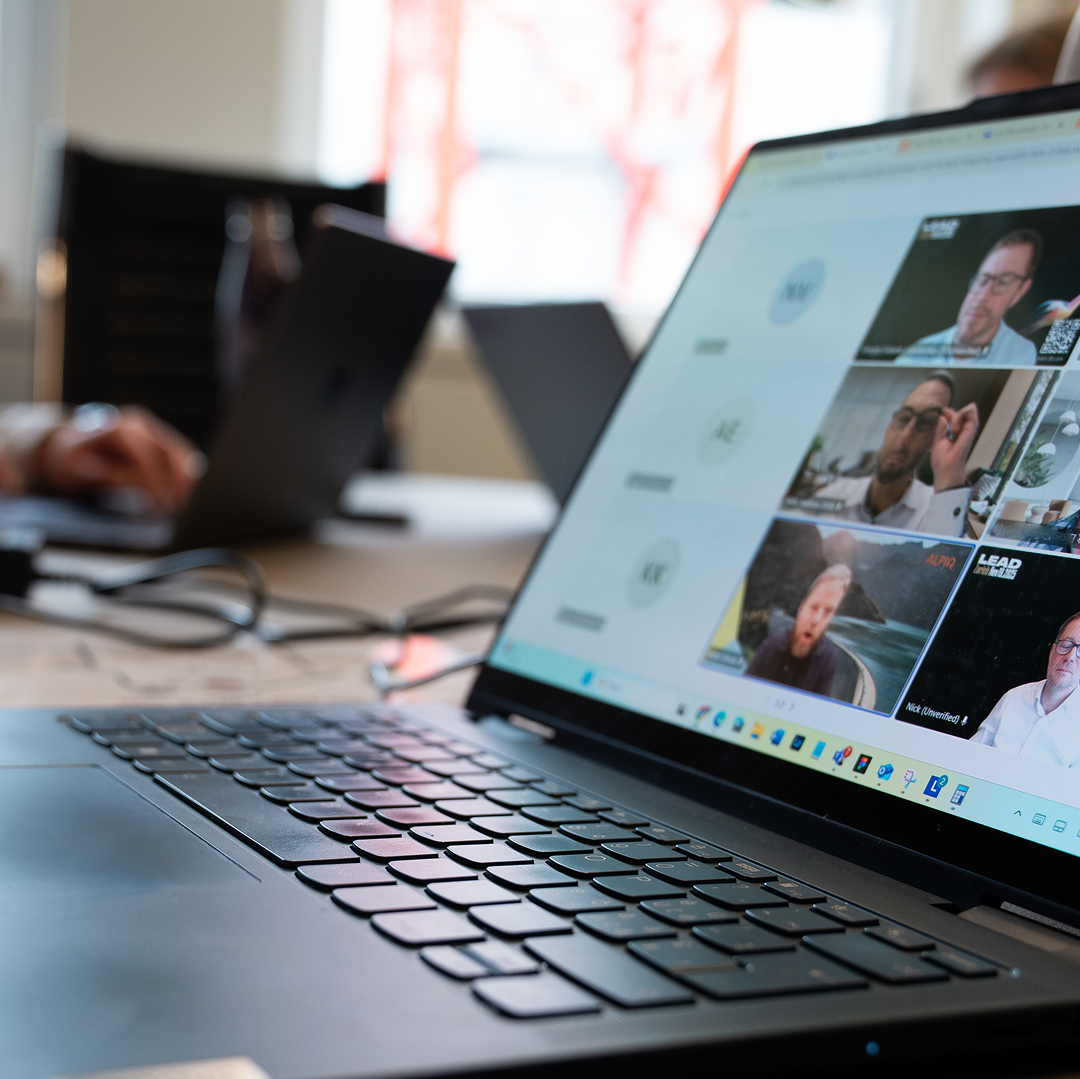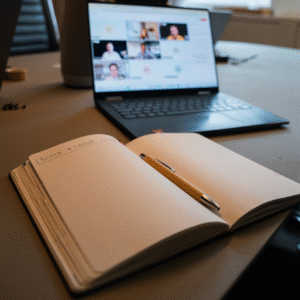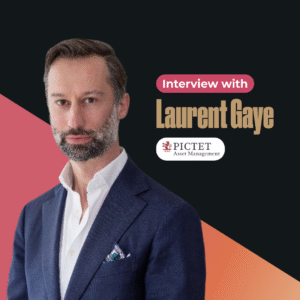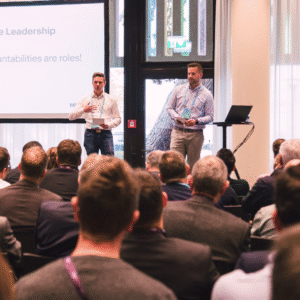Leadership isn’t abstract
It’s tested daily in decisions that affect people, culture, and business outcomes.
Ahead of the conference, we hosted our first Lunch & Lead webinar, featuring speakers Simon Reber (Alpiq), Andreas Biehl (Mercedes–Benz), and Gergely Galamb (Leadership21) shared what works, what fails, and how to prepare for a future shaped by AI, rapid change, and human connection.
The discussion offered a glimpse into the questions that every modern leader faces and those we will highlight during Lead26 itself. How do you create an environment where people can truly flourish? How do you balance automation with human connection? And how do leaders develop themselves while empowering others?
People First: Shifting the Focus
Leadership today is about trust and connection. Andreas reflected on how putting trust in engineers and people who have expertise and encouraging intercultural co-creation is important to deal with hurdles. Not only, but also an integral way to bring people closer together.
Leaders are focusing more on human interaction than technical processes, creating functional frames where teams can work safely, clearly, and collaboratively.
Growth Through Discomfort
True growth demands stepping out of comfort zones, and with that said, Simon shared a compelling metaphor:
“The Curious Lobster knows growth demands discomfort. In a world addicted to heroic leadership, it’s time to molt.”
Empowerment requires intentional support and a culture of learning, coaching, and curiosity. Leadership isn’t just positional, it’s practised and shared. As Simon put it, everyone in the company has a part to play in leading themselves. Growth comes through discomfort and reflection, where leaders must confront limiting beliefs and guide teams through change. Building this kind of learning culture ensures people are equipped to take on leadership roles, reflect on their strengths, and grow in alignment with organisational values.
AI and Human Leadership
Automation is reshaping where leaders spend their time. One particular point highlighted by Andreas was the necessity of:
“Getting people behind the vision and strategy so they have the frame to make the right decisions.”
As AI handles more routine tasks, leaders’ advantage becomes relational: building trust, regulating their own state, and guiding teams through change. Gergely added that we must better distinguish what AI should run from the relational work only humans can transform.
Key Takeaways summarised
These takeaways are just a small taster of the core themes that will be featured at Lead26. Hear from the experts on 19 November and explore further:
The Curious Lobster: Creating the Conditions to Flourish – With Simon, find out how the concept of Care, Dare, and Share creates conditions for people to thrive. “Care embraces vulnerability as strength. Dare challenges the limiting stories we tell ourselves. Share transforms leadership into a space of mutual growth.”
When AI Runs the Dashboards, Humans Run the Relationships – practical approaches to convert AI-driven efficiency into deeper engagement. In this talk with Andreas and Gergely, see how “Your key advantage becomes your ability to create human connection that drives outcomes.”
Sign up for the next Lunch & Lead, October 22nd
Join our second webinar, Digital Workforce – Governing the Machines, on October 22nd, between 12:00 to 12:45 PM CEST. Actively take part in a thought-provoking exchange featuring experts Alessandro De Giulii, Miriam Dachsel, and Andreas Giesa, on how AI is transforming the workplace, which governance models are needed, and how leaders can navigate accountability in an AI-driven world.




